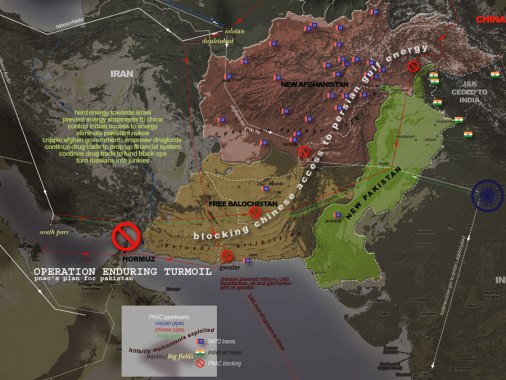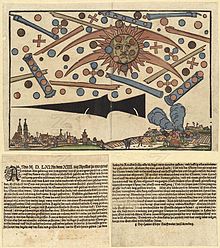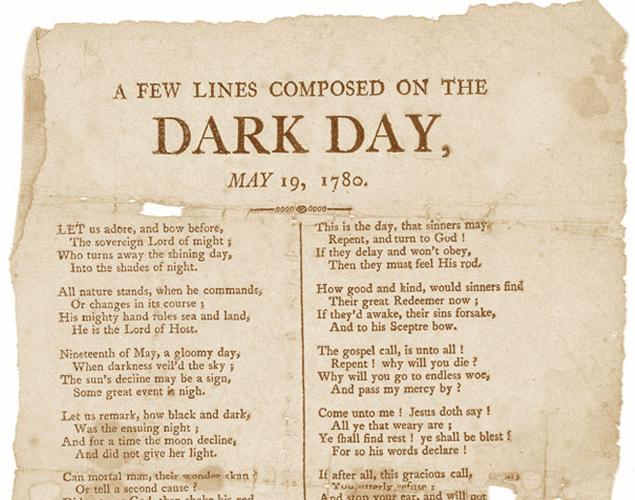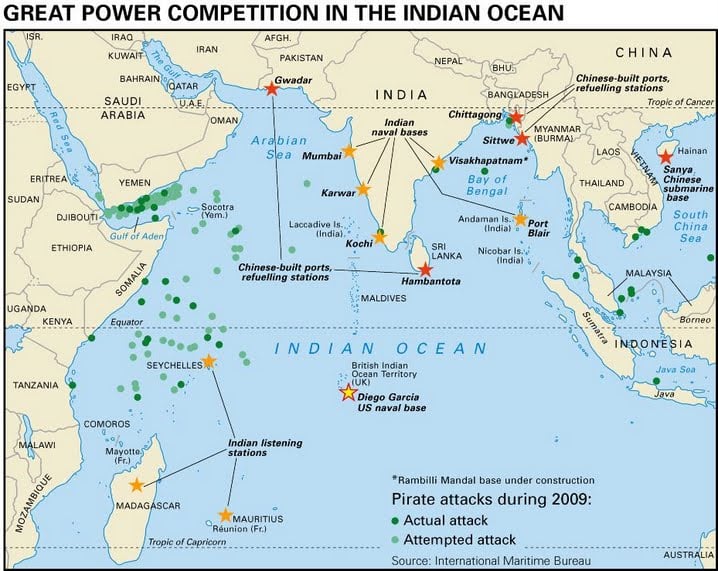Riots in France escalate threatening to shut down countrylink

France riots
Newscast Media –Strikes and protests in France are reaching a crescendo over a planned overhaul of France’s pension system as rolling strikes cut the fuel pipeline to Paris airports and shut down most of the country’s oil refineries. In an effort to induce the government to reverse its controversial plans to raise the retirement age, a broad alliance of unions, leftwing political parties and students are conducting series of nationwide protests.
France has already endured four straight days of strikes, squeezing fuel supplies, grounding flights, cutting rail services and closing schools and other key facilities.
Christine Lagarde, the economy minister, urged people not to panic over gasoline supplies as the country had ample stocks for now.
“We have reserves,” she told France’s RTL radio, adding supply problems had affected 230 petrol stations out of a total 13,000 in the country. “People mustn’t panic.”
Strikes during the week at French oil ports and twelve refineries put pressure on gasoline and diesel supplies across the country, notably when supply was cut into the Paris region and international airports on Friday from a pipeline running south from Le Havre. Police were able to break up blockades at three fuel depots in southern France, easing some of the pressure at gas stations, but that has not eased fears of a fuel shortage.
Many of the protesters, including the opposition Socialist Party, acknowledge the need for some kind of reform to the retirement and pension system. The government says that raising the retirement age to 62 from 60 is the only way to save the money-draining pension system and insists that people have to work longer because they are living longer.
With neither sides likely to back down, the conflict could continue to undermine the government well after the vote.
http://newscastmedia.com/franceriots.htm
US Shuts Down New York City Airspace Over UFO ‘Threat’link

A bizarre report prepared by the Federal Aviation Authority of the Russian Federation (
FAA) on the
“unexpected” closure by the
United States of all the airspace over New York City yesterday says it was due to a
“UFO flap” and was the cause of
Air Berlin flight AB 8357 from Moscow’s Domodedovo Airport being delayed for nearly 2 hours from its landing at its expected arrival time of 1700 UTC (1:00PM Local EDT) at John F. Kennedy Airport, that cities largest International airport.
Interesting to note is that New York City joins
China in having a major airport closed due to UFO’s this week when
two luminous objects appeared in the skies over northwestern Taiyuan in Shanxi Province on October 11
th, the second such incident to occur since earlier this month when another airport was
closed in Inner Mongolia after also being said to have been interfered with by a UFO.
Even more interesting to note was the prediction made last month by a former North American Aerospace Defense Command (
NORAD) officer about yesterday’s mass New York City UFO sighting, and as we can, in part, read:
Bringing this incident into even further examination is a Russian Space Forces (
VKS) addendum to this FAA report noting that yesterday’s New York City UFO sighting follows by nearly an exact year the mass UFO sighting that occurred in Pelham, New York [photo 2
nd left] on
October 25, 2009, a distance from Chelsea of barely 67 kilometers (42 miles) of exactly the same type of extraterrestrial crafts.
Even more important to note is this VKS addendum’s pointing out Chelsea’s and Pelham’s closeness to the New York village of
Shoreham on Long Island (the former being 135 kilometers (84 miles), the latter being 102 (64 miles) that was home to the mysterious
Wardenclyffe Tower built over a century ago by, perhaps, the greatest mind of the 20
th Century,
Nikola Tesla.
The importance of Tesla’s Wardenclyffe Tower to the UFO events occurring over New York City this past year lays it its being the first apparatus to produce an electrical discharge of sufficient energy to leave our Planets
atmosphere, and which to any alien civilization monitoring our
Earth 100 years ago would surely have been noted as a significant event worthy of further notice, if not outright examination by exploration to its exact New York Long Island site.
Though the American
propaganda media apparatus has, and as always, gone into overdrive in their attempt to convince their citizens not to believe what they have actually seen with their own eyes, one of
China’s top scientists has taken a more scientific and honest approach to the growing UFO phenomenon now occurring on an almost daily basis.
To what the full importance of these mass UFO events occurring the United States and China may be it is not to our knowing, other than to point out the obvious need for those in authority to tell whatever they know, even fearful ones, so that all may know truth they so rightfully deserve.
Preparing for World War 3? Pakistan Steps Up Production Of Nuclear Weaponrylink


GWOT: Map of possible war with Iran Iraq Afghanistan Pakistan- -
WASHINGTON —
Pakistan appears to have stepped up construction of a new atomic reactor that could help the country produce easier-to-deliver
nuclear weapons, a US research institute said.

The Institute for Science and International Security, a private US group which is critical of
nuclear weapons, said Tuesday it observed progress at Pakistan’s tightly guarded Khushab site which is key to
plutonium production.
In a September satellite image of the site in Punjab province, the institute said it observed a completed row of mechanical draft cooling towers at a third reactor, where construction began in 2006.
It marks a faster pace than for the second reactor, where such towers appeared after six years of construction, it said.
“Based on what I see in the image, it wouldn’t surprise me if they started it up in 2011,” said Paul Brannan, a senior analyst at the institute.
The institute noticed steam from the second reactor in a December 31 image, indicating it was running. It did not see steam in the latest image, but said reactors were not operated continuously during early phases and that weather conditions may have reduced visibility.
Pakistan declared itself a nuclear weapons state in 1998, days after its historic rival India carried out similar atom bomb tests. Pakistan’s
nuclear arsenal originally was based on highly enriched uranium.
Western analysts believe that China initially assisted Pakistan in developing Khushab nuclear site to produce
plutonium, which can be miniaturized for cruise
missiles — presumably aimed at India.
“Plutonium bombs give the ability to make smaller, lighter or more powerful weapons, and also more deliverable weapons, and I suspect that’s what Pakistan wants,” Brannan said.
Pakistan, which experts estimate now has up to
100 nuclear weapons, has been adamant that its nuclear weapons are in safe hands and President
Barack Obama has publicly concurred.
But the
United States hinted at its frustration on Tuesday at the
United Nations, where Pakistan has blocked a resumption of negotiations for an agenda in global nuclear disarmament talks.
Pakistan opposes a proposed Fissile Material Cutoff Treaty, which would limit access to highly enriched uranium and plutonium used to make nuclear weapons.
Pakistan believes the treaty would lock in a nuclear imbalance in favor of India, with which it has fought three full-fledged wars since independence in 1947.
Rose Gottemoeller, the US assistant secretary of state in charge of arms control, warned “our patience will not last forever.”
“I have to tell you that I expressed some disappointment at the fact that the conference on disarmament over the last years has been less energetic in terms of pursuing its overall agenda,” she told reporters.
Pakistan’s Prime Minister Yousuf Raza Gilani, visiting
Washington in April for a nuclear security summit, said his country had tight control over its weapons and urged the United States to offer civilian nuclear cooperation of the type it has with India.
Joseph Cirincione, president of the Ploughshares Fund which supports a nuclear weapons-free world, said that the current safety of Pakistan’s arsenal was not the issue.
“It’s the security of the government that worries me. If the government falls that’s when the nightmare comes,” Cirincione said.
“American politicians and policymakers live in a constant state of denial about Pakistan. They see a mess and then they look away and pretend it’s all going to get better somehow,” he said.
The United States is the only nation to have dropped an atomic bomb in combat but Obama has set a goal of an eventual world without nuclear weapons.

Operation Enduring Turmoil is the Zionist/Neocons plan to disassemble Pakistan, give northern Pakistan to Afghanistan, Southwest Pakistan to the Balochs… all this in an effort to denuclearize the only Muslim nuclear power, restrict Chinese access to energy and herd energy resources towards Israel, the Mediterranean and Europe. Whatever happening in NWFP and Baluchistan is part of this BIG game! 
Click to play
The BBC's Christian Fraser says President Sarkozy faces a testing few days
A fifth day of protests in France against proposed pension reforms has brought 825,000 people on to the streets, police say, although unions put the figure at 2.5m to 3m.
The government wants to raise the retirement age from 60 to 62 and the full state pension age from 65 to 67.
Most oil refineries have been hit by strike action, causing fuel shortages at some airports and filling stations.
A further day of strikes is scheduled for Tuesday.
The pension reforms have already been approved by the National Assembly, the lower house of the French parliament.
The upper house, the Senate, has endorsed the key articles on raising the retirement age, and is due to vote on the full text on Wednesday.
Public and private sector workers took part in strikes on Saturday across France, in cities including Paris, Marseille, Lyon, Bordeaux, Lille and Toulouse. Unions had called for more than 200 marches nationwide.
"We are not here to bring France to its knees and create a shortage, we are here to make ourselves heard," Christian Coste, of the CGT trade union, told the Associated Press.
A group of what the police described as anarchists operated on the fringes of the main demonstration, says the BBC's Hugh Schofield in Paris.
As the protest drew to a close, they began ransacking café terraces, breaking windows and setting fire to bins.
Some of them briefly occupied the Opera House at Bastille.
The clashes did not last long, but they are a reminder to the government and unions of how quickly things can get out of hand, our correspondent says.
Panic buying
All 12 refineries in mainland France have been affected by strike action. Ten have shut down or are in the process of closing. A number of fuel depots have been blockaded.
However, a pipeline supplying the two main airports in Paris, Charles de Gaulle and Orly, is now back in service. It was cut off by strike action, raising fears that Charles de Gaulle would run out of fuel by Tuesday.
France also has a strategic fuel reserve which holds up to three months of supplies.
However, some 10% of filling stations have run out of petrol and panic buying has broken out in some areas.
Pension protest numbers
- Tuesday 12 October: 1.2m (police) - 3.5m (unions)
- Saturday 2 October: 899.000 - 3m
- Thursday 23 September: 997,000 - 3m
- Tuesday 7 September: 1.2m - 2.7m
In Marseille, rubbish is piling up around the port amid a strike by bin collectors that has now lasted four days.
More than 300 high schools have been affected by strikes and blockades - about one in 15 across the country - as students have joined the pension protests in the past week.
Lorry drivers will decide on Monday whether to join the strikes.
More than one million people took to the streets in the previous national protest on Tuesday, according to police. Trade unions organisers said 3.5m had taken part.
The last weekend day of demonstrations was Saturday 2 October, when the numbers were about 900,000 according to police and 3m according to unions.
Seventy percent of people polled this week think the sporadic strikes will build into a national protest movement like the one in 1995, and over half said they would support it.
In 1995, three continual weeks of strikes by public and transport workers forced the government to abandon plans for economic reforms, including raising the retirement age.











No comments:
Post a Comment
Note: only a member of this blog may post a comment.